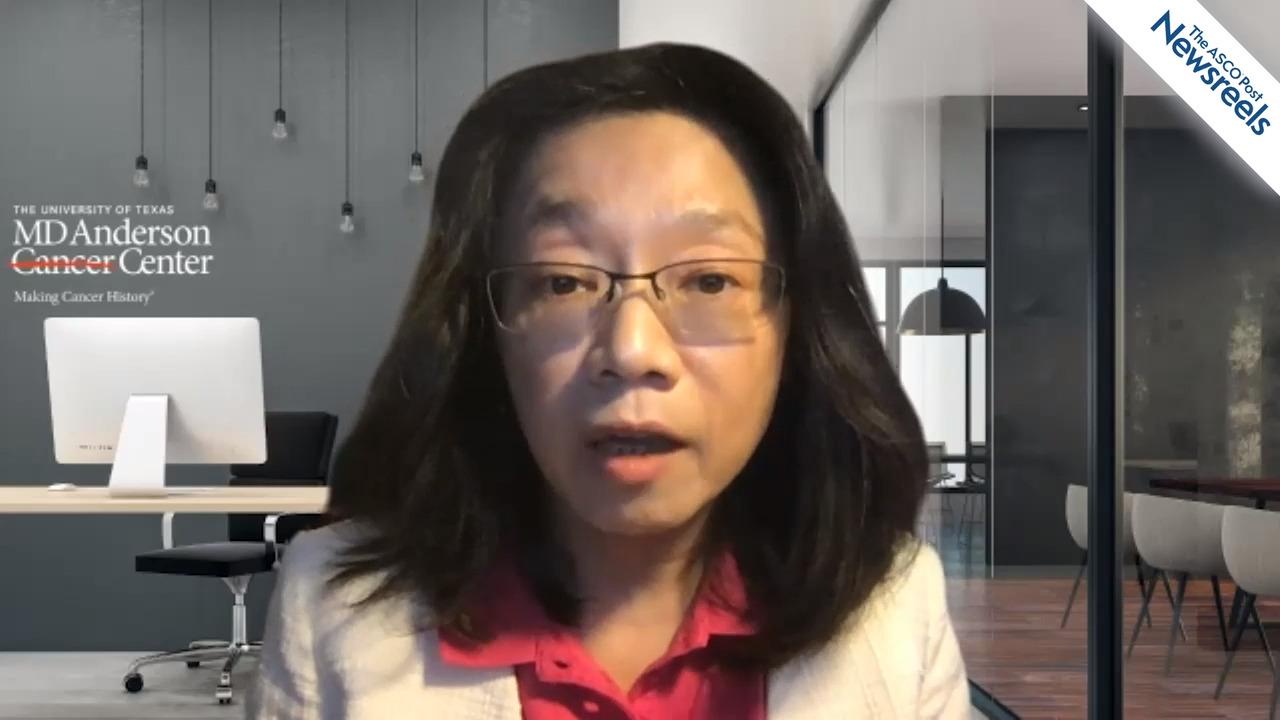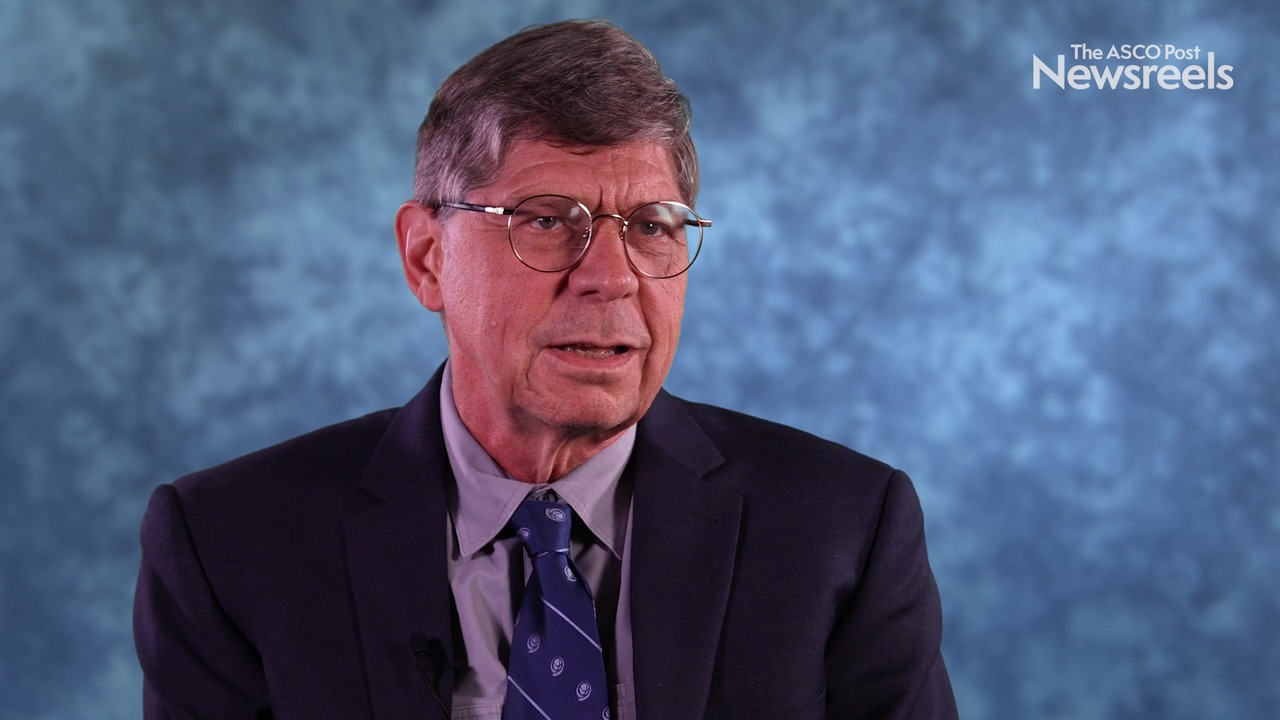Leticia Nogueira, PhD, MPH, on the Association of Medicaid Expansion and Early Mortality Following Lung Cancer Surgery
2021 ASCO Quality Care Symposium
Leticia Nogueira, PhD, MPH, of the American Cancer Society, discusses results from a study designed to evaluate the impact of Medicaid expansion under the Affordable Care Act (ACA). In Medicaid-expansion states, mortality among patients after lung cancer surgery decreased from 2.4% before the ACA to 0.8% after the ACA, with no significant change in non–Medicaid-expansion states.
The ASCO Post Staff
Aakash Desai, MPH, MD, of the Mayo Clinic in Rochester, Minnesota, talks about the urgent need for drug pricing reform, given the average expenditure of Medicare part D, and the ultimate out-of-pocket costs for patients with cancer. The promise of precision oncology will fail, says Dr. Desai, if we fail to bring the right drugs to the right patient at the right time, with the right price.
The ASCO Post Staff
Tina Shih, PhD, of The University of Texas MD Anderson Cancer Center, discusses the rising cost-sharing requirement from private insurance, which has worsened the financial burden for patients with cancer. She believes that cost-containment policies alone may not be enough to ease this hardship.
The ASCO Post Staff
Divya Gupta, MD, of the Stanford Cancer Center, discusses an intervention utilizing a computer model and lay care coaches to improve advance care planning conversations with patients who have metastatic cancer. The study, Dr. Gupta reports, showed a trend toward less intensive care for patients at the end of life.
The ASCO Post Staff
Benjamin W. Corn, MD, of Shaare Zedek Medical Center in Jerusalem, discusses hope: what it takes for hope to thrive; how he and his colleagues are helping patients and providers become more hopeful through workshops; and his collaboration with the Southwest Oncology Group to aid patients, through hopefulness, to better adhere to treatment regimens.
The ASCO Post Staff
John V. Cox, DO, MBA, of The University of Texas Southwestern Medical Center, summarizes his Joseph V. Simone Lecture, in which he stressed the need for coordinated care among practices. The concept of oncology medical homes, he says, has evolved to a broader-based model in which oncologists cooperate with other practices to manage patients and their comorbidities with optimal outcomes. Professional organizations such as the American College of Physicians and ASCO can provide clinicians with the tools they need to engage in this future of health care.





